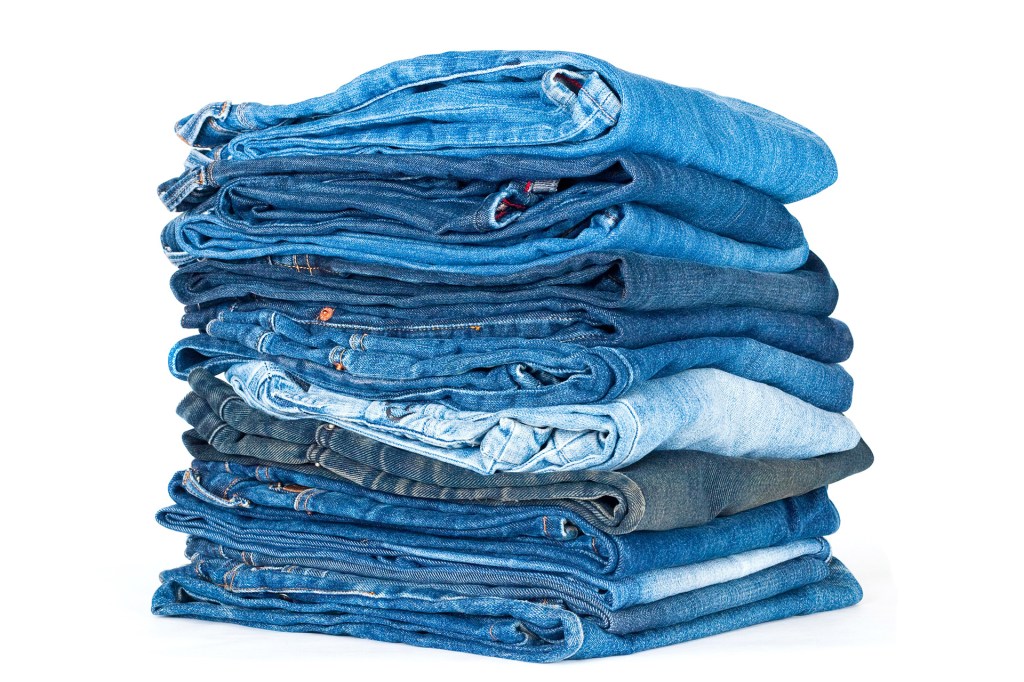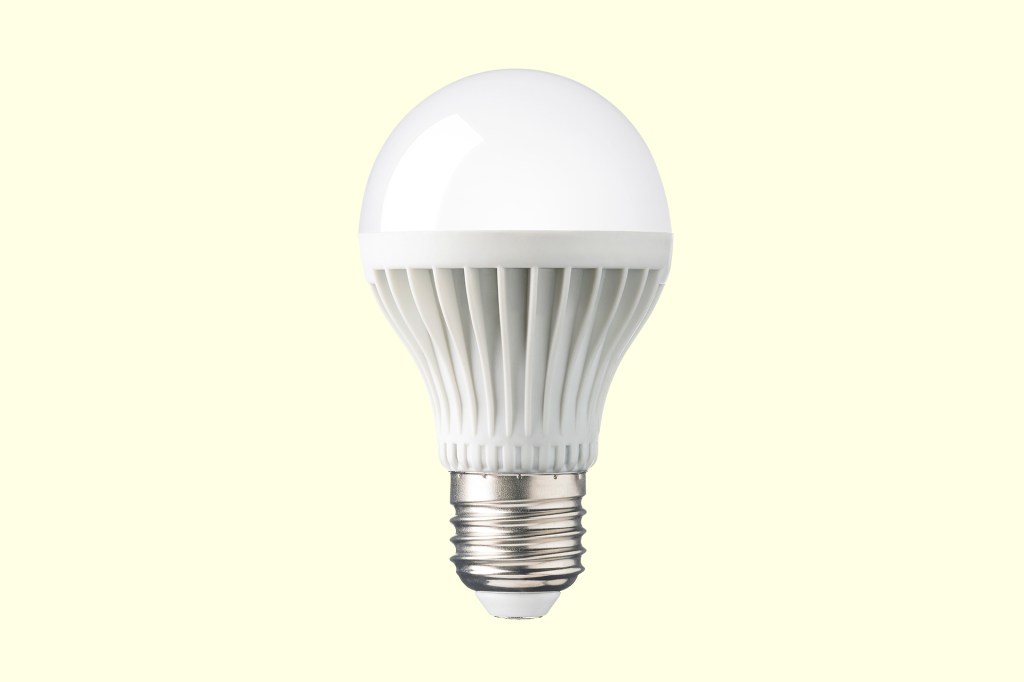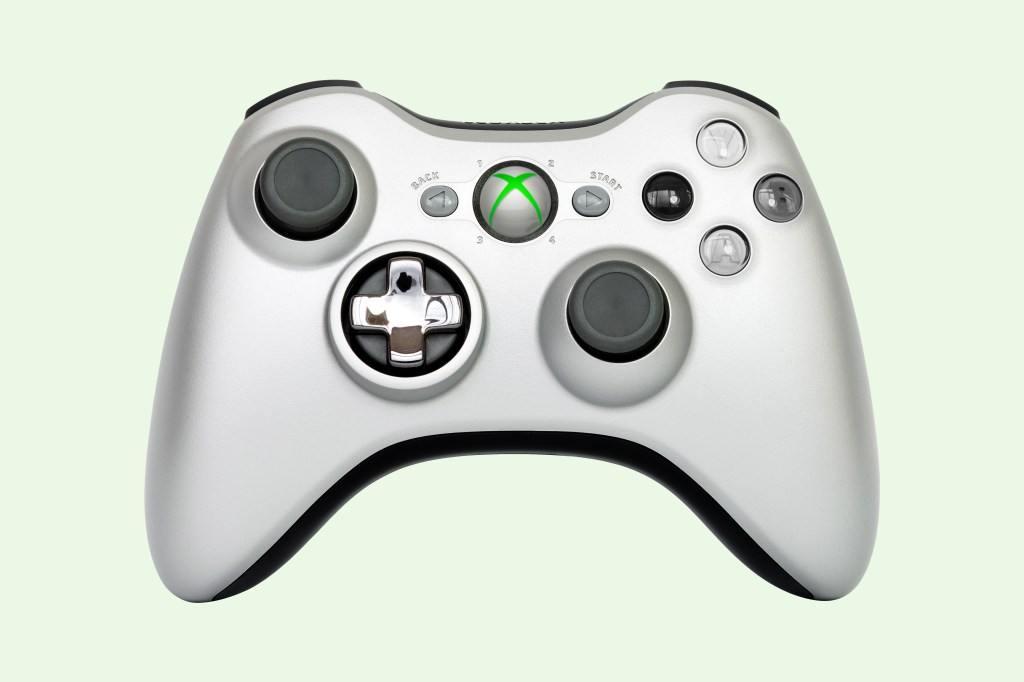Reduce, Reuse, Save!

Get Started
Buying used products is cheaper—and better for the environment.
Remember this rule: If it’s good for the planet, it’s good for you. And often, it can help you or your family save money. Used items are cheaper. And buying secondhand is less wasteful. It’s a choice that helps you fulfill the first two rules of living green: Reduce and reuse.
Take a car, for example. A new 2018 Ford Focus S sells for about $20,000. A similar used car from 2015 costs about half that. Maybe its owner put 20,000 miles on the car, causing it to depreciate. But a used car might still be perfect for your family’s needs—and budget.
Think of it this way: Your family saved a car from the junk heap. Not to mention that manufacturing a new car generates a lot of pollution.

Look for bulbs with the Energy Star logo. The upgrade could save $75 per year.
SOMCHAI SOM—GETTY IMAGESTip!
Trade with friends
Try out a fun way to recycle. Trade clothes, toys, and games with friends and family. Organize a swap session. Bring your castoffs and leave with things that are brand-new to you.
Make a Choice
When You Buy New
Say you’re looking to buy a new pair of jeans. They could come with a big price tag, plus a high hidden cost to the environment. First, it takes a lot of land and water to grow the cotton for making denim. Toxic chemicals are used to dye the denim blue. Then even more water is needed to wash it. Next, the jeans are sewn at a factory that uses energy and releases pollutants into the air. Materials like plastic or paper are used to package the jeans for shipment to a store. And shipping causes more pollution.
When You Buy Used
When you buy secondhand, you do the Earth a favor. You stop that car, those jeans, or that gadget from becoming waste. Not all unwanted items are recycled. Some trash goes to a landfill where it’s buried in the ground. Other trash gets burned in an incinerator. Neither option is good for the environment. Many landfills leak toxic gases and chemicals into the ground, water, and air. Some incinerators may have filters to keep dangerous fumes out of the air. Still, fumes can escape and harm the atmosphere.
Tip!
Shop Smart
Look for used clothes at thrift stores and garage sales. Or shop resale websites like thredUP.com. Tech can have a second life too. Decluttr.com and Gazelle.com fix up and resell phones, tablets, laptops, and other gadgets.

If you have an Xbox One, activate the energy-saving “power mode” setting. That drops the console’s standby power use by up to 98%, according to EnergyStar.gov.
SOMCHAI SOM—GETTY IMAGESThe Winner Is...
The Buy-Used Movement
The good news? Going green is popular. People are becoming more eco-conscious. They are finding new ways to reduce, reuse, and recycle. The clothing company Madewell encourages shoppers to exchange their old jeans for $20 off a new pair. The old denim gets turned into housing insulation. Retailers like Amazon, Apple, and Best Buy have trade-up programs. Customers can exchange old tech devices for a discount on new ones. And IKEA is testing furniture rental in some cities. The company might some day buy furniture back from consumers, then recycle the materials. What do you say: Is buying used in your future? —By Hayden Field
Family Challenge
In honor of Earth Day, come up with three things you and your family could do to help the planet. Will the activities save your family money, too? Talk it over.







